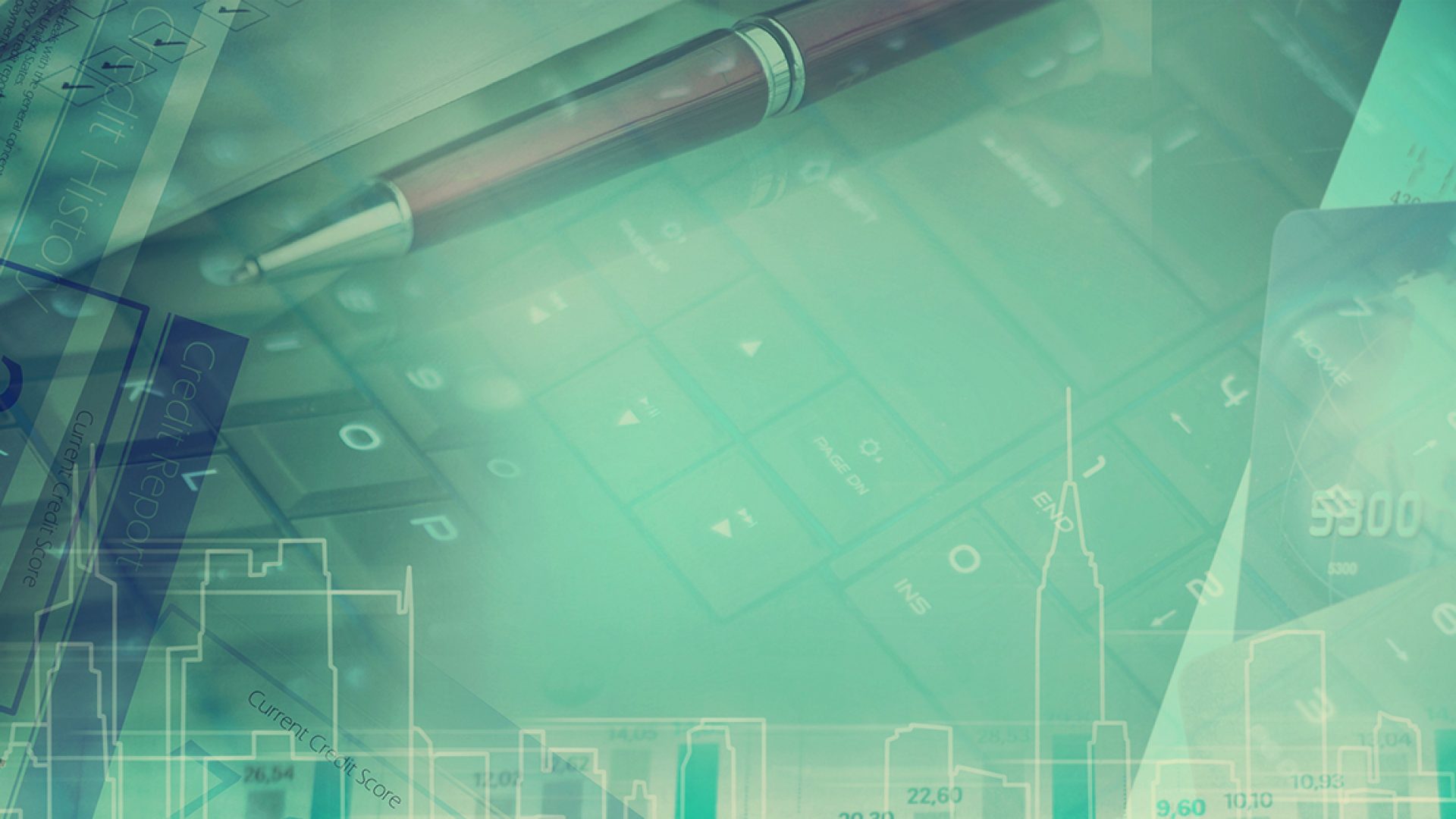In this article from Bankrate, senior credit card analyst and reporter Jeanine Skowronski offers some helpful advice for ways to take control of your spending, while improving your credit in the process.
This will probably come as no surprise, but I’m a big fan of using a credit card as your primary payment method.
First off, they offer better fraud protections than cash or debit cards. They also offer a bunch of ancillary benefits – such as extended warranties, purchase protection and, more notably, rewards points – that can save you money over the long haul.
But how can you get these rewards and stay on top of your bills?
Reaping these rewards hinges on paying off all – yes, every single one – of your purchases by a statement’s due date.
That way, “you get the benefit of earning rewards and enjoying the aggressive fraud protections without having to worry about interest or any negative impact to your credit scores,” says John Ulzheimer, formerly of FICO and Equifax.
Remember: Revolving a big balance negatively skews your credit utilization ratio – essentially how much debt you are carrying versus how much (collectively and on each individual credit card) has been extended to you. Amounts owed make up 30% of the popular FICO credit score.
To ensure I don’t rack up an uncontrollable balance, I utilize one very special trick: I pay my credit card bill at least once a week via a linked debit card account.
Doing so helps me stay on budget because it keeps me constantly abreast of how much money is in my bank account. I’ll skip over buying a new shirt, for instance, if I know I won’t have enough funds to cover the purchase by the end of the week.
It also allows me to monitor my statements for suspicious charges or spot inaccuracies.
Even those who don’t use their credit card regularly should try to make multiple payments each month.
Doing so helps ensure that any big purchases you make don’t inadvertently get reported to the 3 major credit bureaus – Equifax, Experian and TransUnion – and wind up impacting that aforementioned credit utilization ratio.
“Credit card issuers update the balances on your credit reports only once per month. And, the balance they report to the credit bureaus is your most recent statement balance,” Ulzheimer says. “By paying the bill periodically throughout the month, you will minimize or even eliminate any balances showing up on your credit reports, and that’s great for your credit scores.”
Those in credit card debt can save with this strategy, as well.




